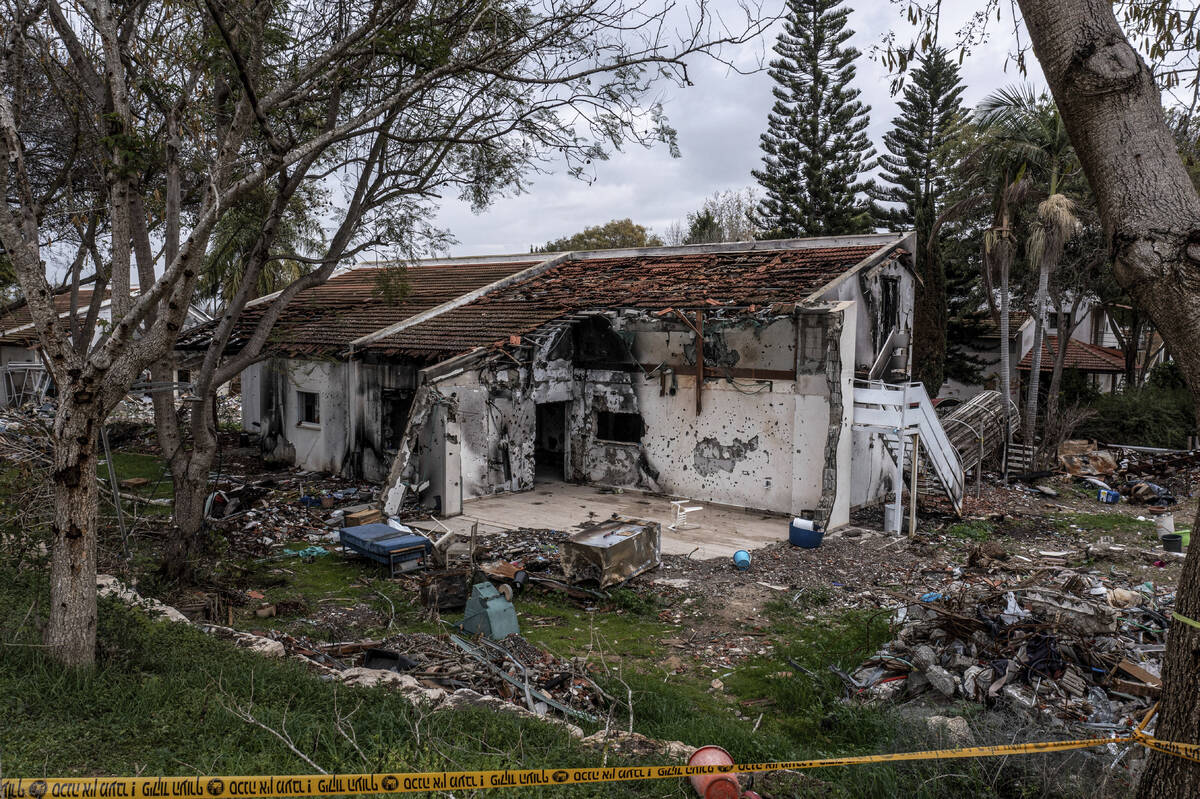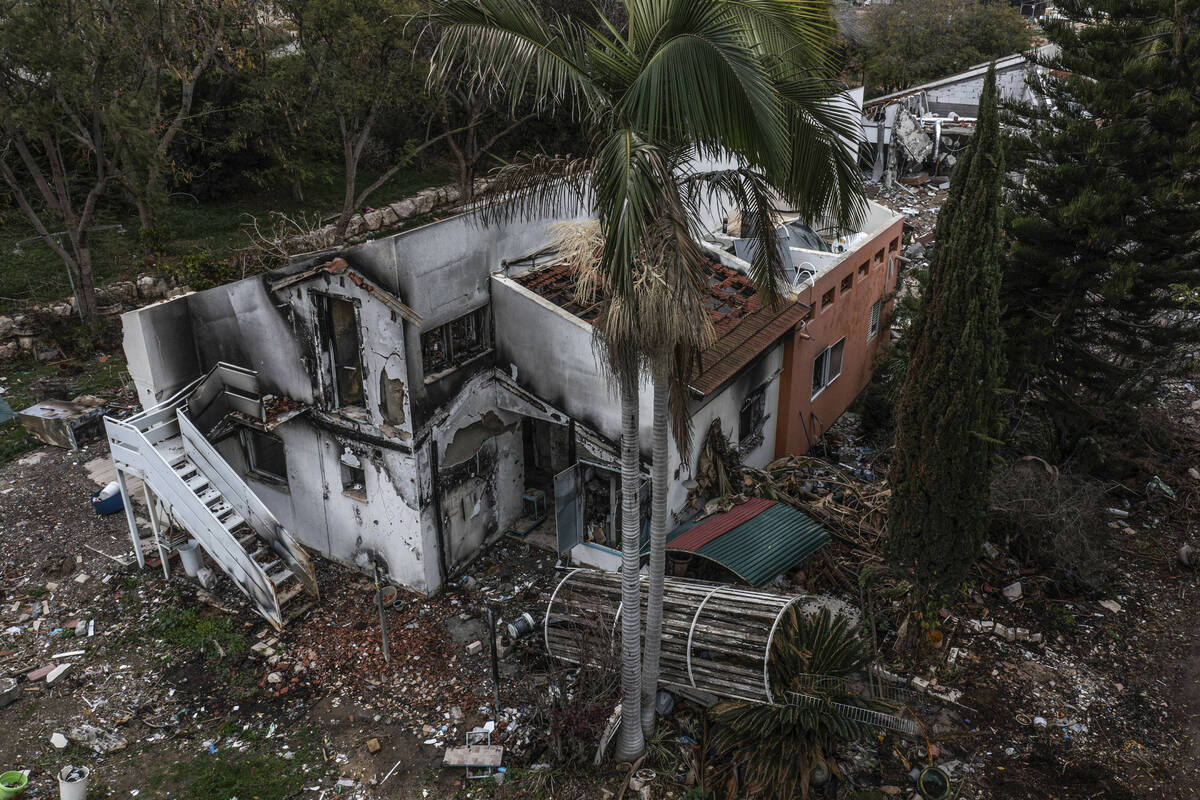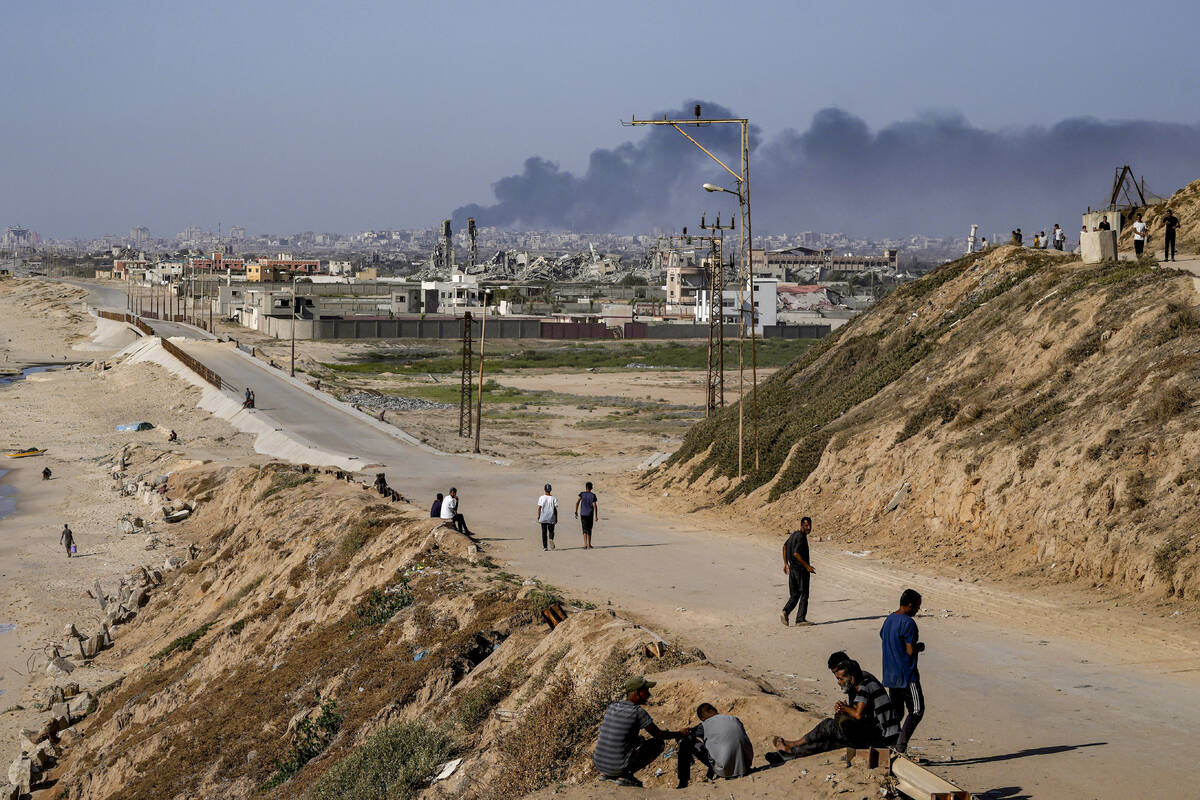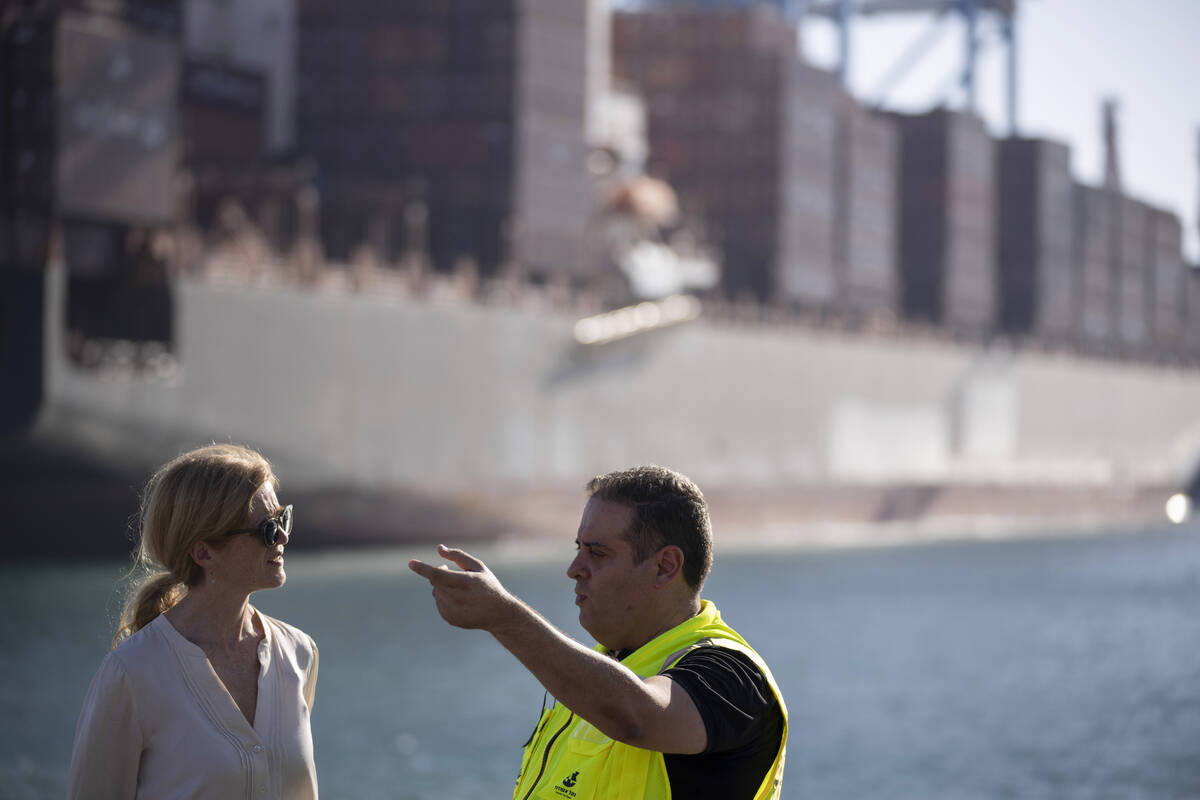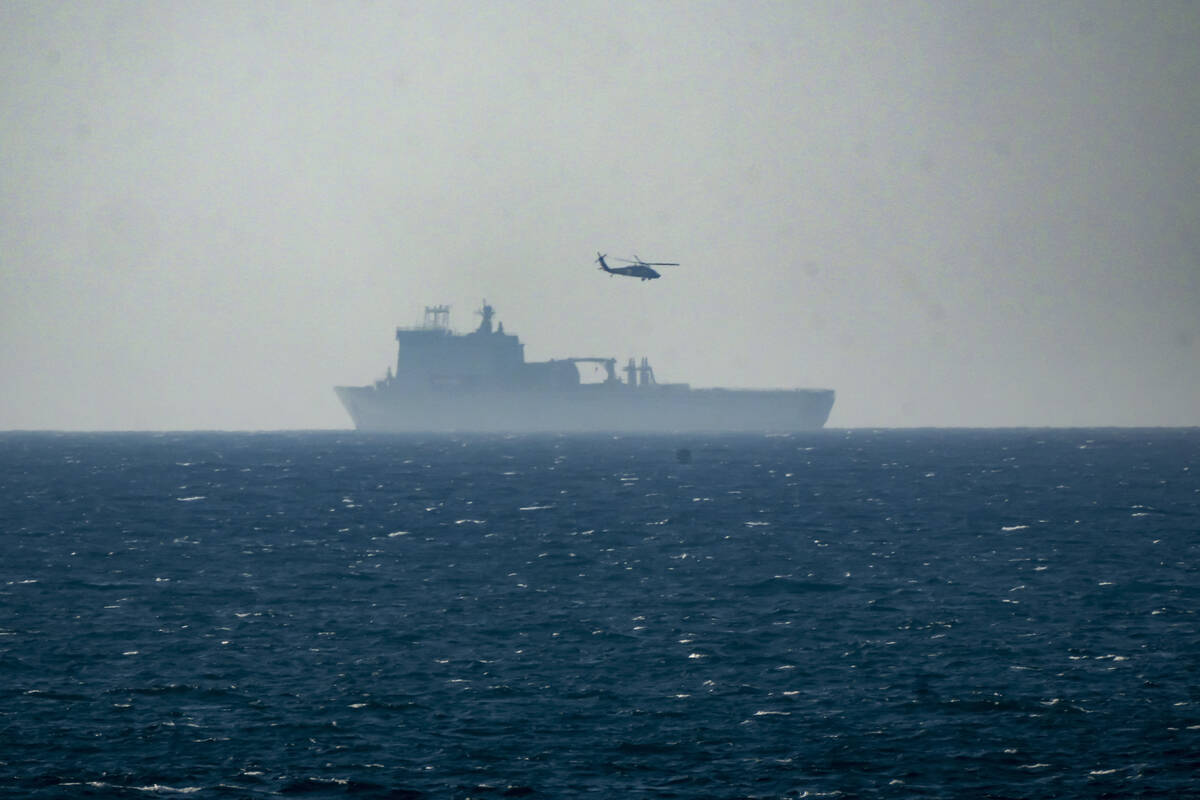Israeli army admits Oct. 7 failures, including slow response times, disorganization
JERUSALEM — The Israeli military on Thursday acknowledged a string of errors in its response to the deadly Oct. 7 Hamas-led terrorist attack, including slow response times and disorganization, as it released the results of its first investigation into failures during the assault that triggered the war in Gaza.
The report focused on the border community of Be’eri, where over 100 people were killed and more than 30 others taken hostage by Hamas terrorists. It was among the hardest-hit communities in the early morning attack, and it was the scene of one of the highest-profile confrontations of Oct. 7 — a standoff in which terrorists held a group of hostages inside a home.
“The army failed in its mission to protect the residents of Kibbutz Be’eri,” the military’s chief spokesman, Rear Adm. Daniel Hagari, said in a televised address. “It is painful and difficult for me to say that.”
During the standoff, a tank fired at the home, raising concerns that the 13 hostages inside were killed by friendly fire. The military concluded that they were likely killed by Hamas terrorists, not Israeli shelling.
The army said the kibbutz was overrun by about 340 Hamas terrorists.
The report pointed to delays of several hours in the arrival of military forces and said forces waited outside the kibbutz into the afternoon as residents were being killed, not understanding the severity of the situation.
“This situation is extremely grave and cannot occur,” it said.
The report praised “the bravery of the Be’eri residents and the members of the kibbutz’s civilian rapid response team,” saying it was “crucial in stabilizing the defensive line during the first hours of combat.”
Israel launched the war in Gaza after the Oct. 7 Hamas-led attack in which terrorists stormed into southern Israel, killed some 1,200 people — mostly civilians — and abducted about 250. Since then, Israeli ground offensives and bombardments have killed more than 38,300 people in Gaza, according to the tHamas-run Health Ministry. It does not distinguish between combatants and civilians in its count.
In other developments:
* Prime Minister Benjamin Netanyahu’s office said Israel will send a delegation to Cairo for further talks with mediators on a proposed deal with Hamas for a cease-fire and hostage release.
* A report by the U.S. Defense Intelligence Agency released Wednesday linked a Houthi terrorist attack on a Norwegian-flagged tanker in December to Tehran, the Houthi’s main backer in Yemen’s nearly decadelong war. Iran has long vowed to destroy Israel.
* Samantha Power, administrator of the U.S. Agency for International Development, said Israel has agreed to use an improved system across the Gaza Strip to ensure humanitarian workers and aid can more safely move around. She said that Israel has also taken new steps to increase the flow of aid through its port of Ashdod, just north of Gaza.
* The U.S. now is considering abandoning efforts to reinstall the pier that has been used to get humanitarian aid into Gaza, two U.S. officials speaking on condition of anonymity said Thursday.
* The United States announced Thursday that it is providing $100 million dollars in additional aid for Palestinians in the Gaza Strip and the West Bank. Also, the Biden administration is imposing new sanctions on extremist Israeli settlers who it accuses of undermining peace and stability in the West Bank.



